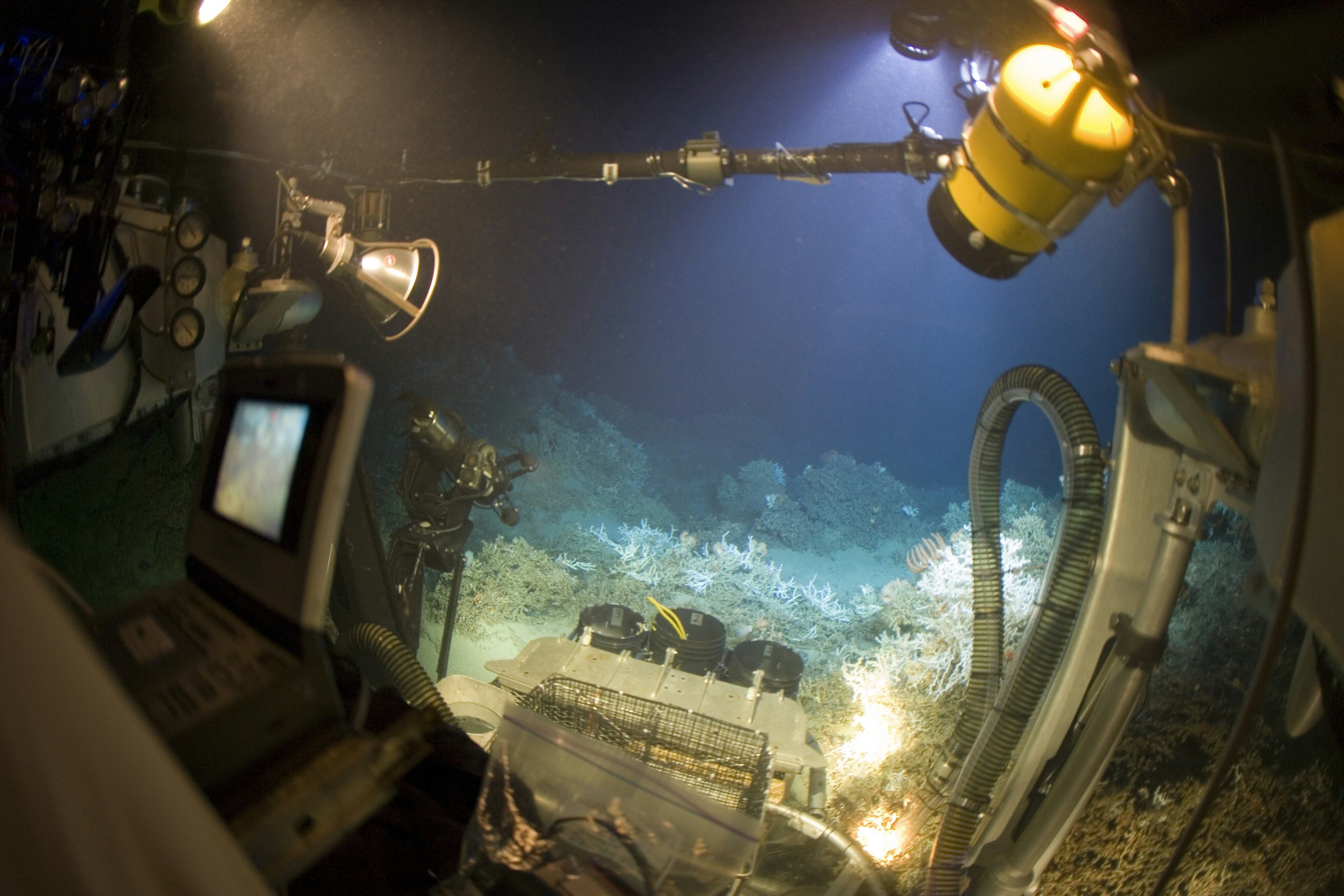If it is solved, the future of the Earth could be predicted

He sea could be the key to predicting the future of the Land? Scientists believe that solving ocean mystery It could help us know what will happen to the world.
For several years now, scientists have focused on understanding the northern ocean currents And they believe they could help predict the future of the Earth.
Scientists have pointed out that the warming temperatures could cause a world-altering change and the sea could be key to knowing when it could happen.
However, there is a mystery that the sea hides that could be vital to understanding the earth changes.
Bob Pickart – a scientist at the Woods Hole Oceanographic Institute in Massachusetts, United States – found this mystery in other research and believes that solving it could be key to predicting the future of the Earth.
Understanding this mystery hidden in the sea could be key to predicting the future of the Earth
In 2011, physical oceanographer Bob Pickart -65 years old- discovered a current that no one knew existed and that caught his attention since it flowed in the opposite direction.

Life/Earth (Freepik)
Along with other Icelandic scientists, Bob Pickart was on a research vessel in the Denmark Strait studying the water flowing between Greenland and Iceland.
But information about this current appeared among his data, which although it caught his attention, he preferred to continue with his main research.
However, after more than a decade, Bob Pickart decided to go deeper and investigate this current.
That is why last summer, Bob Pickart and an interdisciplinary group of researchers took on the task of pursuing the current now known as Iceland Faroe Slope Jet (IFSJ).
After six weeks and after a storm, the team entered the Arctic following the path of the current through the Nordic seas.
According to Bob Pickart it is vital importance to find the starting point of the currentsince we know where it ends.
The IFSJ is known to begin somewhere in the Nordic Seas and flow south and east, rushing through the Faroe Bank Channel, a gap in the underwater ridge running from Greenland to Scotland.
It would be at this point where the waters feed the lower branch of the Atlantic meridional circulation.

Ocean (NOAA / unsplash)
Scientists believe that if we know the mysteries of the sea we could be better prepared for global warming
It should be noted that the Atlantic Meridional Overturning Circulation (AMOC) It is a complex system of currents that distributes heat.
This oceanic conveyor belt is of vital importance, since it influences the regional weather patterns.
According to climate models, the AMOC could slow down and even collapse as the planet warms.
Simulations show that the intrusion of too much fresh, warm water could disrupt the process that drives circulation.
What I brought severe consequences for the Earthtotally changing life.
And it has been predicted that among the consequences that could occur are:
- Falling temperatures in northern Europe
- Sea level would rise even more in the United States
- Southern Hemisphere monsoons could change trajectory
Although it is known that this situation could occur in the future, scientists are discussing the time frame that would occur.
The latest IPCC report states that this decline could occur after 2100, but some scientists believe that the collapse is possible within a few decades.
Although there are some scientists who believe that the water heating does not influence the flow of the AMOC and they consider that they have remained stable in recent times.
Some scientists agree that more study is needed since system-wide AMOC measurements only go back 20 years.
However, scientists believe that by studying it and having more data we could be better prepared for any changes.
That is why Bob Pickart believes that understanding the origin of the IFSJ and its connection to the AMOC It could help you understand how the system works.
This would help you understand how it will change as the climate begins to warm.

Ocean (Joseph Barrientos / unsplash)





